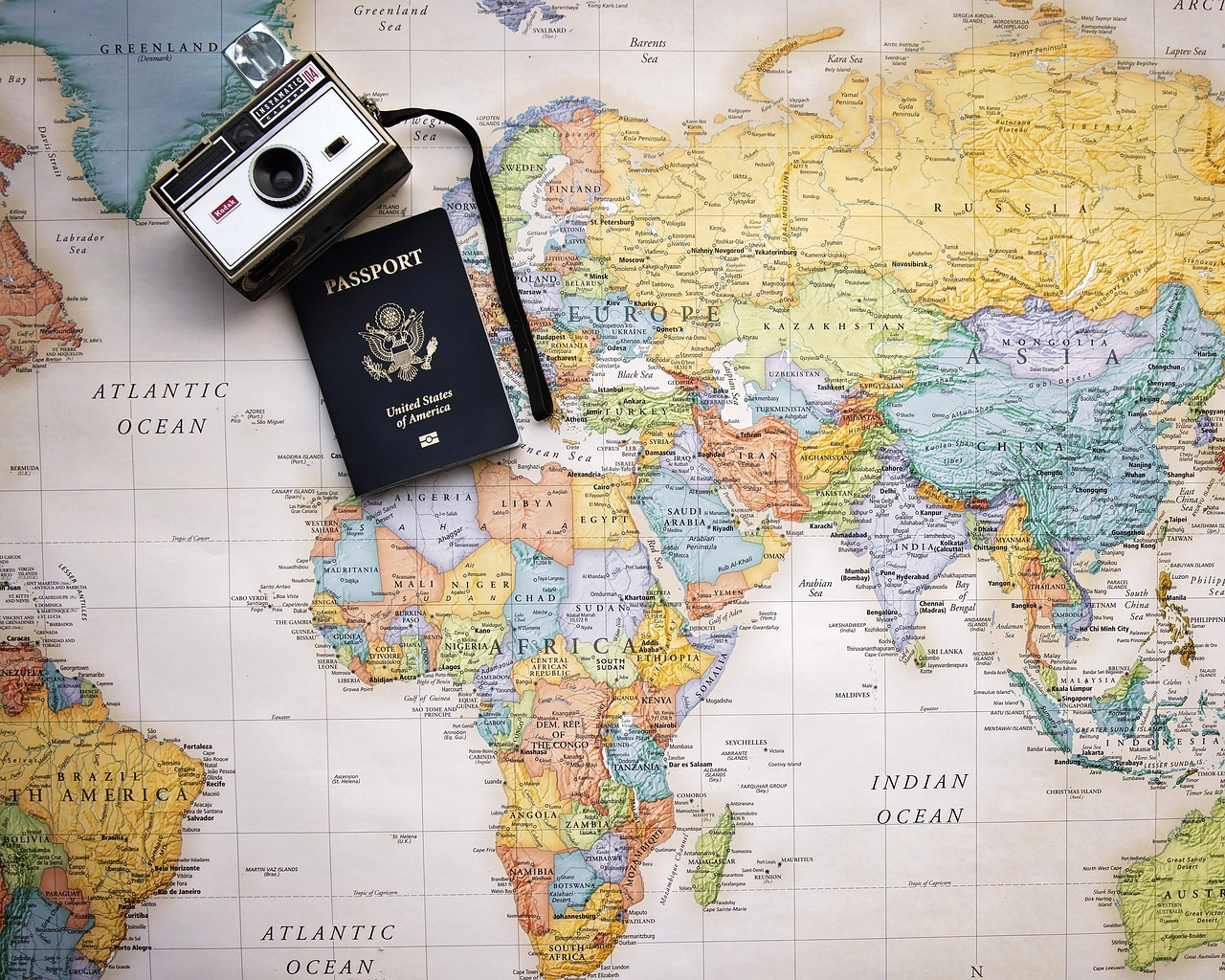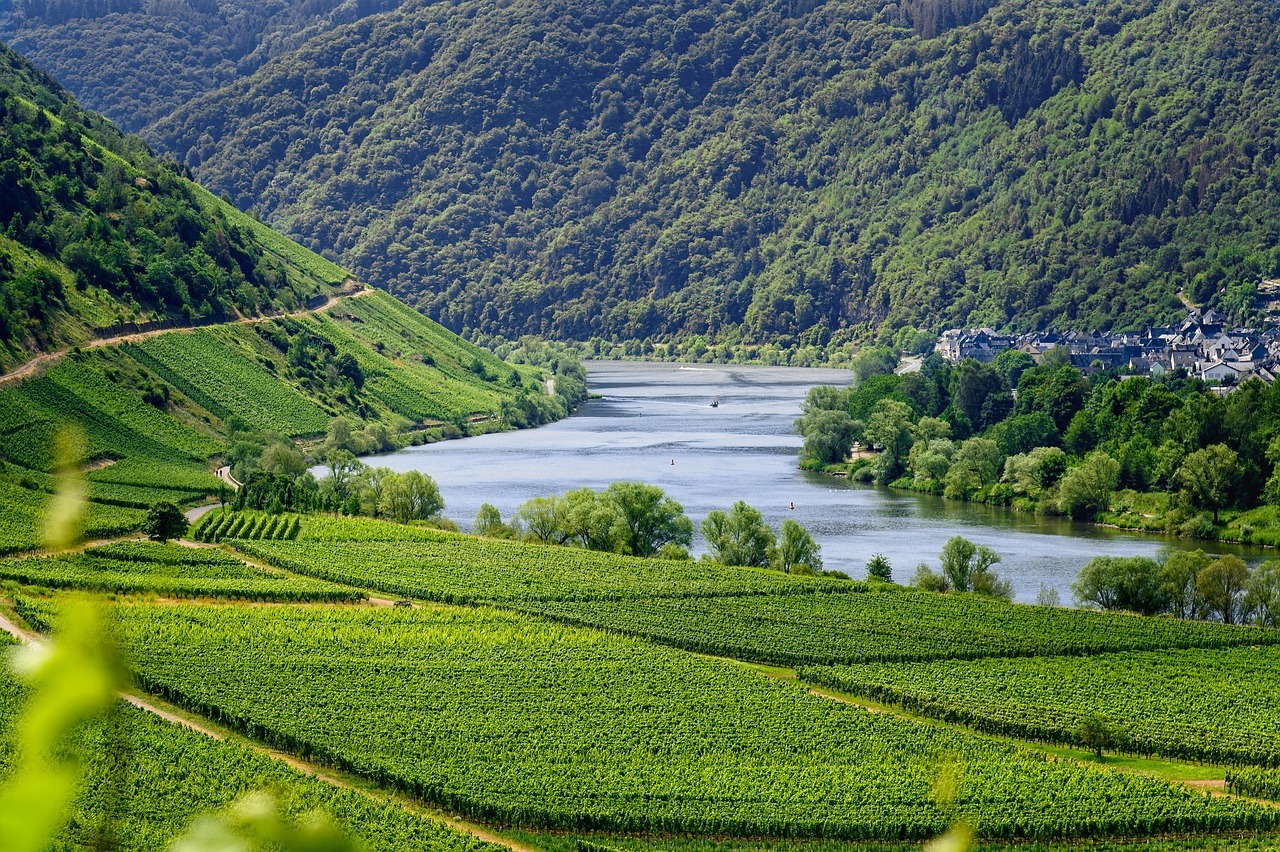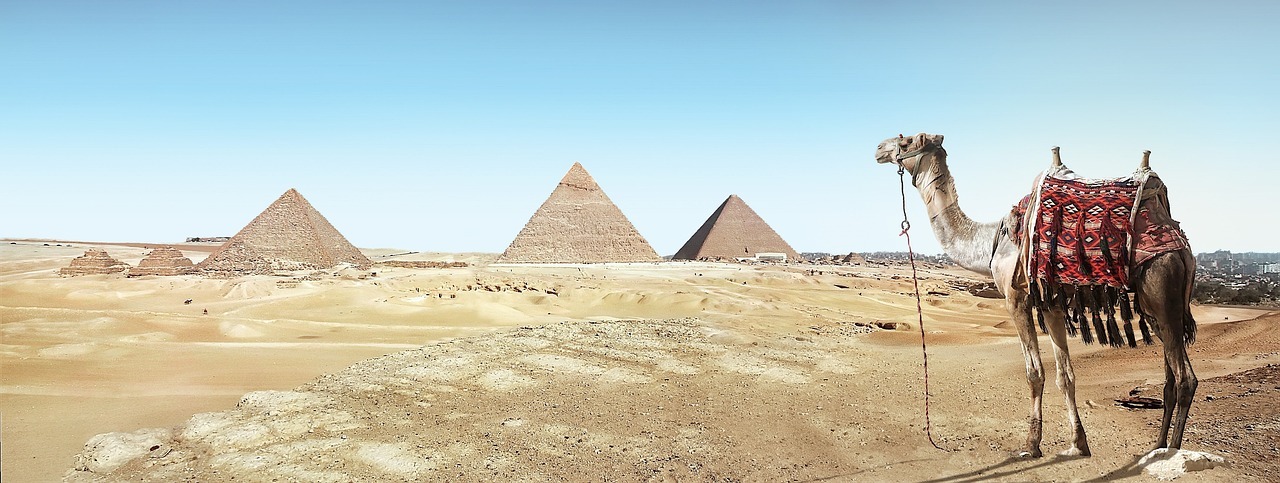The essence of travel, from the exploration of unknown lands to the rediscovery of familiar destinations, has always been driven by a deep human curiosity and desire for connection. However, the way people travel, the experiences they seek, and the impact they have on destinations are undergoing significant changes. Today, the travel industry is not just about transporting people from one place to another or providing temporary accommodations; it has expanded into a more holistic experience, encompassing personal growth, environmental consciousness, and digital innovation.
As we delve into the latest travel trends, it’s essential to recognize their implications on future tourism. These trends are not fleeting; they reflect a profound shift in consumer behavior and expectations. They are shaping new standards and practices in the industry, pushing businesses and destinations to adapt, innovate, and rethink their strategies.
Let’s discuss this in depth…
Sustainable and Eco-Friendly Travel: A New Era of Responsible Tourism
In recent years, sustainable and eco-friendly travel has moved from a niche interest to a central player in the tourism industry. This shift signifies a growing awareness and concern for the environmental and social impacts of travel. Today’s travelers are not just seeking destinations; they are looking for ways to preserve them. Sustainable travel encompasses a range of practices – from minimizing carbon footprints and reducing waste to supporting local economies and protecting wildlife.
Eco-friendly accommodations and tours are becoming increasingly popular, as they offer travelers an opportunity to connect with nature while ensuring their presence does not harm the environment. Destinations worldwide are adopting sustainable practices, such as banning single-use plastics, implementing renewable energy sources, and encouraging local cultural experiences that benefit both travelers and host communities.
This trend towards sustainable travel is also being driven by policy changes and industry standards. Many countries and regions are introducing regulations to promote eco-tourism and sustainable practices in the hospitality sector. The future of tourism is green, and embracing sustainability is no longer an option but a necessity for the industry’s long-term survival and growth.
Technology and Digital Innovation: Revolutionizing the Travel Experience
The integration of technology and digital innovation in the travel sector has brought about a transformation that is both profound and far-reaching. From planning to booking, to experiencing, technology has streamlined and enriched every aspect of travel. Travel apps, AI-powered chatbots, virtual reality tours, and augmented reality experiences are just a few examples of how technology is enhancing the travel experience.
One of the most significant impacts of technology in tourism is the personalization of travel experiences. Big data and AI algorithms allow travel companies to offer highly customized recommendations and services to travelers, based on their preferences and past behaviors. Moreover, the rise of contactless services, a trend accelerated by the COVID-19 pandemic, has made travel safer and more convenient, with digital check-ins, mobile payments, and virtual queues becoming the norm.
Looking to the future, we can expect even more innovative uses of technology in travel. Biometric identification for seamless airport experiences, personalized travel itineraries generated by AI, and immersive virtual reality travel experiences are just a few developments on the horizon. As technology continues to evolve, so too will the ways in which we explore and experience the world.
Health and Wellness Tourism: Prioritizing Well-being in Travel
The surge in health and wellness tourism is a response to a growing global emphasis on self-care and holistic well-being. This trend sees travelers seeking experiences that offer physical, mental, and emotional rejuvenation. The concept extends beyond traditional spa and relaxation retreats to include a wide range of wellness-focused offerings: from yoga and meditation retreats in tranquil settings to fitness and adventure-based holidays that challenge the body and invigorate the spirit.
Destinations and resorts worldwide are increasingly catering to this demand, integrating wellness into their core offerings. This includes not only specialized wellness retreats but also hotels and tour operators incorporating wellness elements – such as healthy dining options, wellness workshops, and nature-based activities. The goal is to provide travelers with opportunities to disconnect from the stresses of daily life, engage in health-promoting activities, and return home feeling refreshed and renewed.
The future of wellness tourism is likely to see even more personalized and diverse offerings. As understanding of wellness broadens to include mental health and mindfulness, travel experiences that cater to these aspects will become more prevalent. This trend reflects a deeper shift in how we view travel – not just as a leisure activity but as a vital component of maintaining overall well-being.
Adventure and Experiential Travel: Seeking Authentic and Personalized Experiences
The trend towards adventure and experiential travel marks a shift from passive sightseeing to active and immersive experiences. Travelers are increasingly seeking authentic experiences that offer a deeper understanding of local cultures, histories, and environments. This trend encompasses a wide range of activities, from hiking and wildlife safaris to culinary tours and cultural immersion programs.
The appeal of adventure and experiential travel lies in its ability to provide unique, once-in-a-lifetime experiences that are tailored to individual interests and preferences. It’s about stepping off the beaten path and engaging with the world in a more meaningful way. This can mean exploring remote natural landscapes, participating in local traditions and customs, or learning new skills and crafts from local artisans.
As this trend continues to evolve, we can expect to see a growing emphasis on personalization and exclusivity in travel experiences. Travelers are not just looking for adventure; they’re looking for their adventure, one that aligns with their personal interests and values. This shift is pushing the travel industry to become more innovative and adaptable, offering more specialized and niche experiences.
Solo and Group Travel Dynamics: Evolving Preferences in Social Travel
The landscape of solo and group travel is evolving, reflecting changing social dynamics and individual preferences. Solo travel has been on the rise, driven by a growing desire for self-discovery and independence. It appeals to a broad demographic, from young backpackers to older adventurers, and is facilitated by a range of supportive resources and communities. The rise of solo travel speaks to a broader cultural shift towards valuing personal growth and exploration.
On the other hand, group travel is also undergoing a transformation. There’s an increasing preference for smaller, more intimate groups, often centered around specific interests or themes, such as culinary tours, hiking groups, or photography expeditions. These specialized group travels offer a sense of community and shared experience while still catering to individual interests.
Family travel is another dynamic area, with multi-generational travel becoming more popular. Families are seeking experiences that can be enjoyed together, across different ages and interests, creating memories that span generations. This trend is influencing accommodation choices, destination planning, and activity offerings, as the industry adapts to cater to diverse family needs.
The Role of Social Media and Influencer Marketing in Travel
Social media has revolutionized the travel industry, influencing how destinations are perceived and chosen. Platforms like Instagram, Facebook, and TikTok have become essential tools for travelers seeking inspiration and sharing their experiences. The visual and interactive nature of these platforms makes them ideal for showcasing the beauty and uniqueness of destinations.
Influencer marketing has emerged as a key trend within this space. Travel influencers, with their large followings and aspirational content, play a significant role in shaping travel trends and decisions. They offer a personal touch, often providing tips, insights, and behind-the-scenes looks at destinations.
However, this trend also raises questions about authenticity and the impact of social media on travel experiences. The industry faces the challenge of balancing the benefits of social media exposure with the need for sustainable and responsible tourism practices.
Accessibility and Inclusive Travel: Making Travel Welcoming for All
The travel industry is increasingly recognizing the importance of accessibility and inclusivity, ensuring travel experiences are available to all, regardless of physical ability, age, or other factors. This involves creating accessible infrastructure, from transportation to accommodations, and offering services that cater to a diverse range of needs.
Inclusive travel also means acknowledging and respecting cultural differences, promoting diversity in both travel offerings and marketing. It’s about creating an environment where everyone feels welcome and valued. As this trend continues to gain momentum, we can expect to see more initiatives and innovations aimed at making travel more inclusive and accessible to everyone.
Shifts in Transportation and Accommodation Preferences: Adapting to New Traveler Needs
The transportation and accommodation sectors within the travel industry are witnessing significant shifts, influenced by evolving traveler preferences and values. In transportation, there’s an increasing focus on sustainability, with travelers showing a preference for eco-friendly options. This includes the rise of electric vehicles, shared mobility solutions, and even a renewed interest in train travel in certain regions, seen as a more environmentally friendly alternative to air travel.
In terms of accommodation, there’s a noticeable trend towards more unique and personalized options. This includes boutique hotels that offer a more intimate and local experience, eco-lodges that allow guests to connect with nature, and home rentals that provide a sense of comfort and authenticity. Travelers are seeking accommodations that reflect the destination’s character and offer a more personalized stay, moving away from the one-size-fits-all approach of traditional hotels.
Another aspect of this trend is the balance between luxury and budget travel. There’s a growing segment of ‘flashpackers’ – travelers who seek budget-friendly options without compromising on comfort and style. This has led to the emergence of hybrid accommodation types, like upscale hostels and budget boutique hotels, catering to this new traveler profile.
Emerging Destinations and Changing Travel Patterns: Exploring New Horizons
Travel patterns are shifting, with emerging destinations gaining popularity as travelers seek new and less crowded experiences. This trend is partly driven by over-tourism in traditional hotspots, leading travelers to explore off-the-beaten-path locations. These emerging destinations offer a sense of discovery and adventure and are often seen as more authentic and untouched.
This shift is also influenced by global events such as the pandemic, which has altered travel patterns significantly. People are now more open to exploring lesser-known destinations closer to home, giving rise to domestic and regional tourism. Additionally, there’s a growing interest in destinations that are perceived as safe and have robust health and safety protocols in place.
As travel continues to evolve, we can expect a continued focus on these emerging destinations, along with changing patterns in how and why people travel. This includes a greater emphasis on meaningful and sustainable travel experiences, as well as a continued reliance on technology and digital tools to enhance and personalize these experiences.
Conclusion: Embracing the Future of Travel and Tourism
The travel and tourism industry is undergoing profound changes, driven by evolving traveler preferences, technological advancements, and a growing awareness of environmental and social issues. The trends we’ve explored – sustainability, technology, wellness, adventure, and personalized experiences, among others – are not just passing phenomena. They signify a fundamental shift in how we view and experience travel.
As the industry adapts to these changes, it’s crucial for businesses and destinations to stay attuned to these trends and be willing to innovate and evolve. For travelers, these trends offer exciting new possibilities and ways to explore the world. The future of travel and tourism is vibrant and full of potential, promising more meaningful, responsible, and enriching travel experiences for all.





